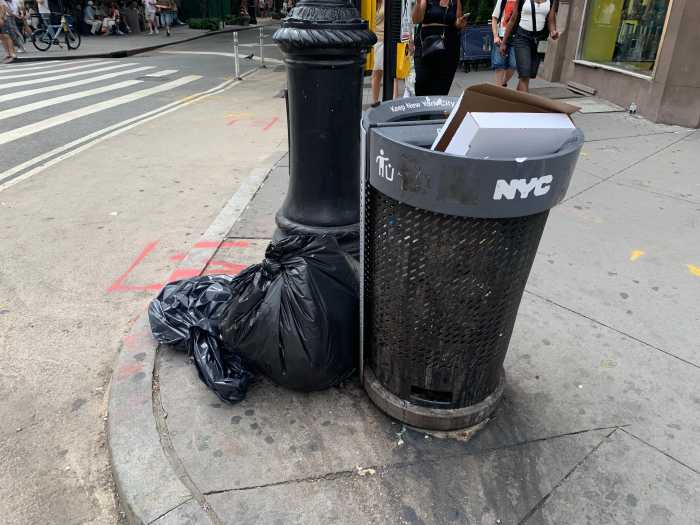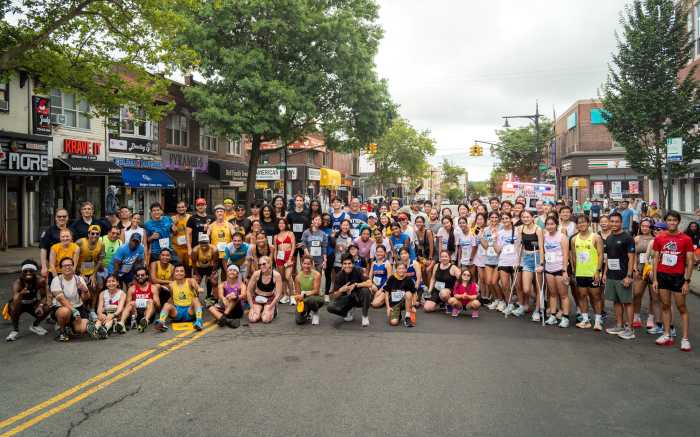
Sometimes, with luck, it happens immediately.
A would-be straphanger asks for a swipe and someone coming through the turnstile whips out an unlimited-ride MetroCard and performs the deed, hardly breaking stride. The swipe-requester is through. Sometimes, it takes a while.
Sometimes, eye contact or a little hand gesture are for naught. MetroCard holders shake their heads and walk on by.
Either way, both the request and the donation are legal. Even the MTA has no objection.
This was the reminder from a coalition of criminal justice reform groups — including the Police Reform Organizing Project, Bronxites for NYPD Accountability, and the Coalition to End Broken Windows — which yesterday offered swipes to subway riders who might need them in the Bronx and East Harlem. The groups allege that the NYPD’s focus on those asking for swipes, and on quality-of-life issues in general, amounts to targeted harassment of low-income New Yorkers and minorities.
The subway was the original domain of Police Commissioner William Bratton’s focus on quality-of-life offenses. As chief of transit police in Boston and later New York, he cracked down on fare-beaters who, when arrested, might be found to have weapons or open warrants. The focus extended even to lower-level violations — resting your feet on a seat or walking between cars. But also requests for swipes: While asking for a swipe is not a violation, the asker often faced arrest for associated “prohibited behavior,” like blocking the flow of pedestrian traffic.
Since March, the NYPD says, it has attempted a more lenient approach, substituting summonses for arrests in some cases in the wake of the Manhattan district attorney’s decision to stop prosecuting most low-level violations and infractions.
Nobody wants a dangerous subway, and unbiased discretion to address dangerous situations remains an important part of policing. But targeted harassment, and summonses or even arrests for behavior that every New Yorker recognizes and few are really bothered by, feel heavy-handed in the subway.




























